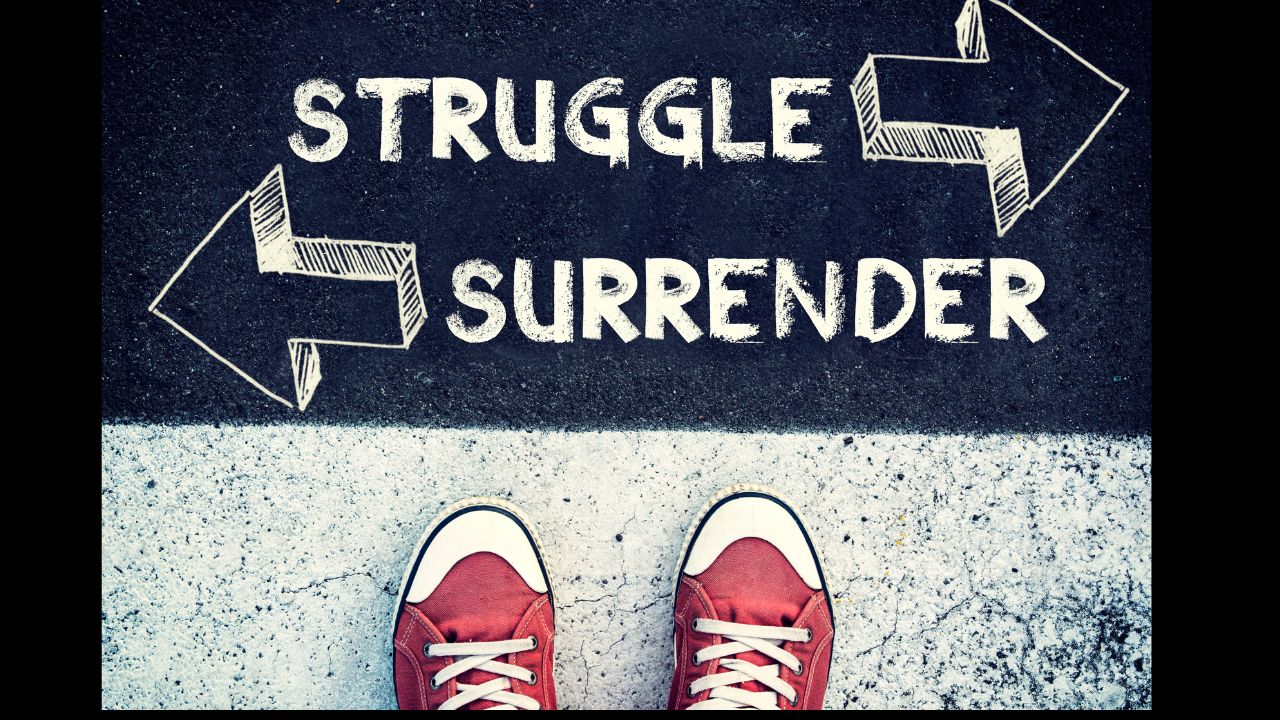 I have two teenagers in my house. Raising teens is hard, but I didn’t realize how triggering all of those BIG emotions were going to be for me at this stage in the game. With my own hormonal changes (hello menopause) and theirs, the emotional ride we are on day to day is like living on a roller. And I DO NOT like roller coasters. There have been many moments lately when I thought to myself, “I can’t do this. I want to quit parenthood.” It's hard to admit but I’ve even heard myself say, “I hate this.” And then the critical voice in my head ignites. “What kind of person hates being a parent? Why can’t I just deal?” The more I resist these thoughts the bigger and louder they become which doesn’t help matters. So I decided to surrender to my negative feelings about parenting and lo and behold things began to settle. It's perfectly normal to feel like you hate being a parent sometimes. Parenting is hard work, and there are days when it feels overwhelming, stressful, or just plain exhausting. It's important to remember that these feelings are temporary, and that you are not alone. I made it my mission to figure out some strategies to use on the days I wish I could throw in the towel.
If your bad days outnumber the good please consider getting some support. Parent coaching can be a great resource for making your parenting life better, easier and more joyful.
0 Comments
I don’t know about you, but all of the sudden life has taken on a pace that feels like I am on a bullet train. It is fast, frenetic and very full. At this pace, logistics and transactions make up the lion share of my day to day parenting.
|
AuthorJenny Michaelson is a PCI, Archives
December 2023
CategoriesWriting Contributor at:
|
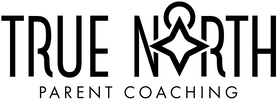

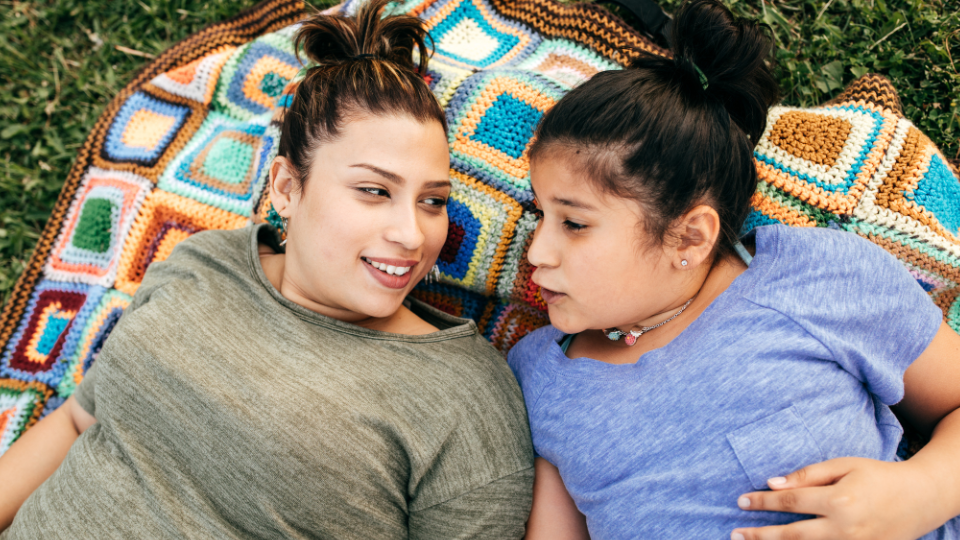


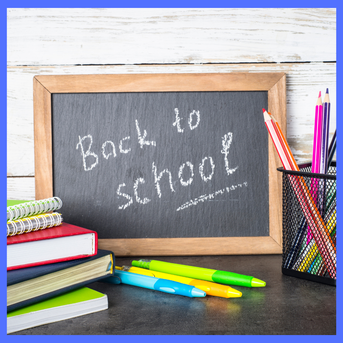

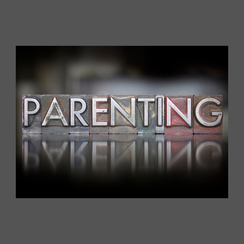



 RSS Feed
RSS Feed



